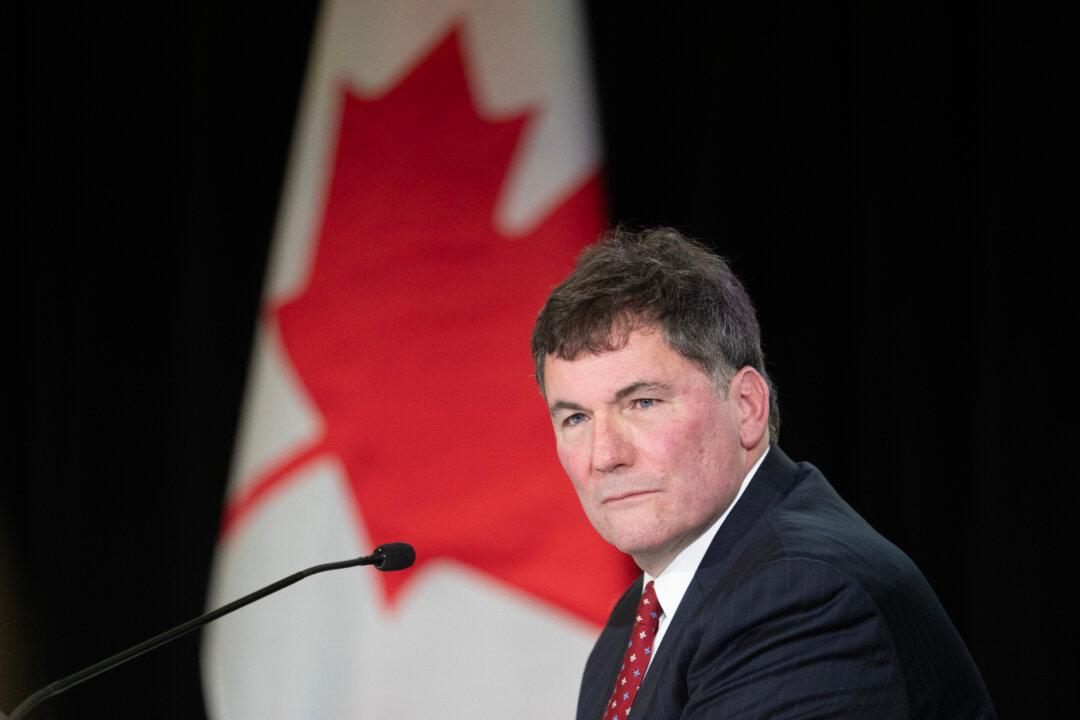Public Safety Minister Dominic LeBlanc told the Foreign Interference Commission he expects officials will make a “good faith” effort to exercise transparency after the attorney general has pushed back on the onerous redaction process to release classified documents.
“In no way would we seek to use the amount of work necessary on our part to allow the commission to do its work properly to be an ‘empêchement’ [obstacle] or a source of delay or frustration,” Mr. LeBlanc said during his Feb. 2 testimony before the inquiry.





